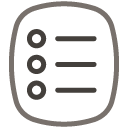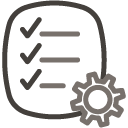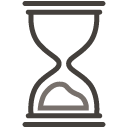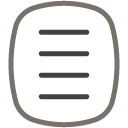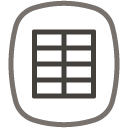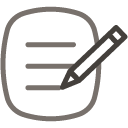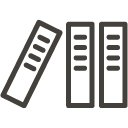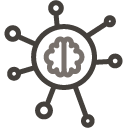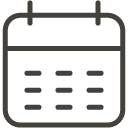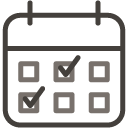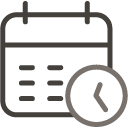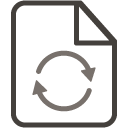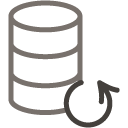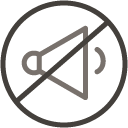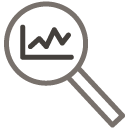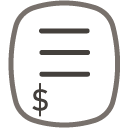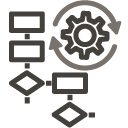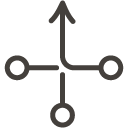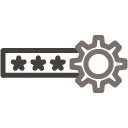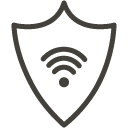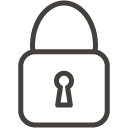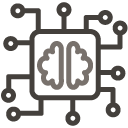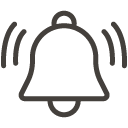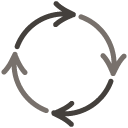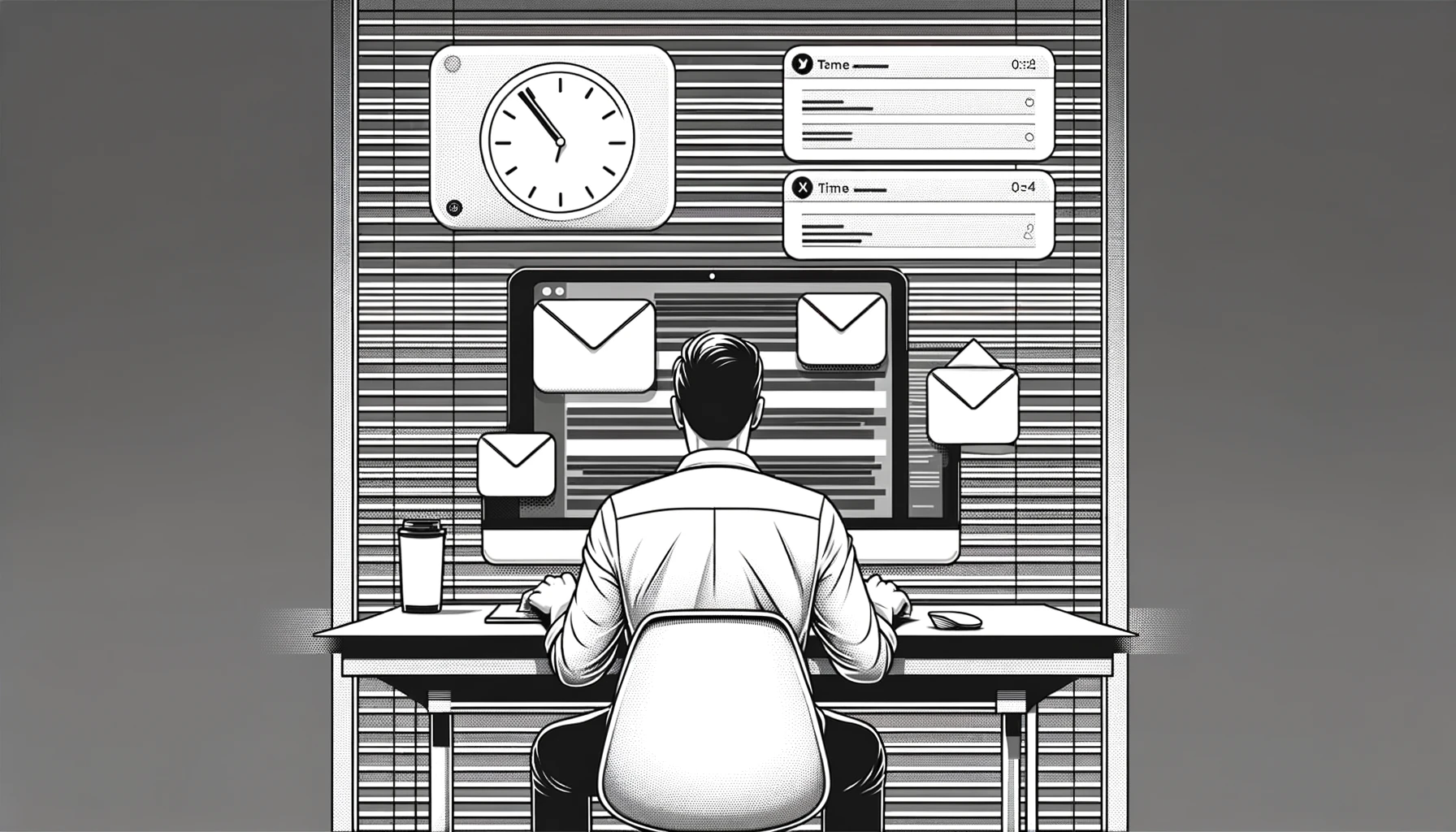
The incessant pings from our devices signaling new emails or notifications have become a pervasive part of our daily lives. This constant connectivity triggers a loop in our brain, releasing dopamine—a neurotransmitter linked to pleasure and reward—every time we receive a new message. This mechanism can make the act of checking emails addictive, pulling us away from our work and significantly hampering our productivity. However mundane or irrelevant the message might be, the anticipation of something new can be a powerful distraction, leading us to check our inbox far more frequently than necessary.
This cycle of continuous checking is not just a personal quirk; it's a response to the psychological effects of our digital environments. Dopamine encourages repeat behaviors by creating a sense of satisfaction after certain activities, such as checking emails. While this can serve useful functions in other contexts, when applied to email, it fosters a counterproductive habit that interrupts our focus and decreases our efficiency. Recognizing this can be the first step towards regaining control over our time and attention.
The solution lies in setting strict boundaries for when to check emails. By scheduling specific times for this task, we can contain the disruptive impact of incoming messages and reclaim large blocks of uninterrupted time for deep, focused work. This approach not only limits the constant barrage of distractions but also allows our brain to settle into a state of deeper concentration, facilitating higher productivity and creativity. Allocating distinct times for checking emails and dedicating the rest of your time to focused work can transform your workday from fragmented and reactive to structured and proactive.
Implementing a schedule for email checks requires discipline but the benefits are manifold. By consciously deciding to only check your emails at set times—perhaps mid-morning and late afternoon—you can break the dopamine-driven cycle of distraction. This change can lead to improved concentration, higher quality work, and a more satisfying professional life. As you regain control over your email habits, you'll likely notice a decrease in stress and an increase in satisfaction with your productivity. Start today by defining your email checking schedule and stick to it rigorously; your brain and your career will thank you.
